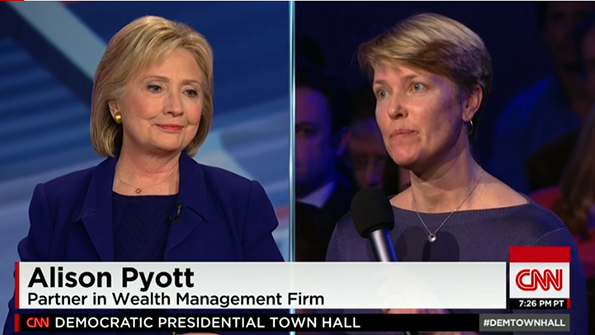
Seven years after the financial crisis, investors are still skittish even though they concede the recovery has gone well. In a recent survey of over 2,600 affluent and high net worth investors, UBS Wealth Management Americas found that 58 percent felt the recovery from the 2008 financial crisis was complete, while 73 percent said they felt their finances were in excellent or very good condition. And yet 86 percent said the crisis still impacts how they think about their money today. About two thirds actually have a greater fear of losing money than before to the crisis. Only 18 percent said they are willing to take on more risk for greater returns. Moreover, cash is a concern. Almost 9 out 10 investors say they've maintained or increased their cash holdings since the crisis, despite the fact that over half know keeping too much cash is a bad idea because of inflation.
Wealth Access And Orion Expand Integration
Wealth Access for Financial Advisors from Wealth Access on Vimeo.
Wealth Access and Orion announced Thursday that they are expanding integration to provide a new balance sheet interface on the Orion client portal. Using Wealth Access’s API, Orion will aggregate data from 20,000 financial institutions to display assets, liabilities, balances and growth of total net worth over time. Richard Archer, the CEO and founder of Archer Investment Management, called Wealth Access “the most powerful aggregation tool I have seen in the market.” In the future, Orion wants to pull data from Wealth Access via a separate API to automatically deliver Orion reports to Wealth Access’s personal financial management platform.
AICPA Demands Estate Tax Guidance

With the Surface Transportation and Veterans Health Care Choice Improvement Act of 2015 set to introduce a number of estate tax reporting changes, Tax-News reports that the American Institute of Certified Public Accountants (AICPA) is calling on the Internal Revenue Service to offer more guidance for practitioners on the prospective changes. Most notably, the Act requires taxpayers to report the value of larger estates (subject to positive estate tax liability) in the year they are inherited and imposes a 30-day information return-filing requirement on the executors of decedents' estates. Both of these measures drastically accelerate the reporting timetable for many estates. The AICPA is largely looking for guidance regarding how much leeway the IRS will give practitioners who make good faith mistakes because of the new time crunch.

Alison Pyott, a partner at Veris Wealth Partners in Portsmouth, N.H., not only attended the Democratic Town Hall between Hillary Clinton and Bernie Sanders on Wednesday night, but she was tasked with asking the former Secretary of State and First Lady what is being called the "most haunting question" of Clinton's career. Pyott, who was described as an undecided voter and is treasurer of the New Hampshire Women's Foundation, asked Clinton how she can engender trust in people since trust has eroded in her through the years. "I have to really demonstrate as clearly as I can who I am, what I stand for and what I've always done," Clinton said in response.

